Constitution
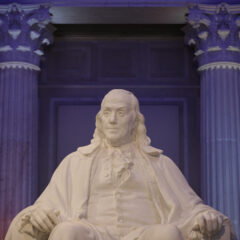
What does it mean to claim the US is a Christian nation, and what does the Constitution say?
By Peter Smith — February 20, 2024
Six in 10 U.S. adults said the founders originally intended America to be a Christian nation, according to a 2022 Pew Research Center survey.
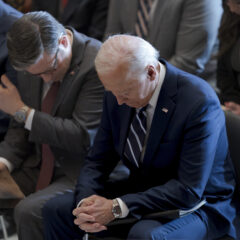
Christian-nation idea fuels US conservative causes, but historians say it misreads founders’ intent
By Peter Smith — February 20, 2024
Many conservatives and Republicans embrace the idea of Christian national origins, even as many reject the “Christian nationalist” label.
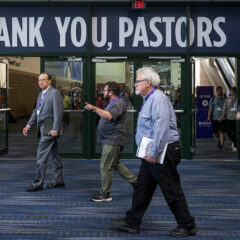
Southern Baptists start constitutional step naming only men as pastors
By Adelle M. Banks — June 14, 2023
(RNS) — The new language would add that a church ‘affirms, appoints, or employs only men as any kind of pastor or elder as qualified by Scripture.’
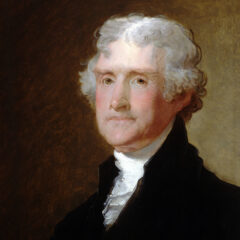
Yes, Virginia, the Constitution does separate church and state
By Mark Silk — April 28, 2023
(RNS) — No matter what they're saying in Texas.
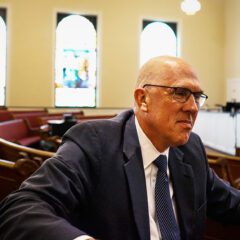
Bart Barber wants the Southern Baptist Convention to regain its rural soul
By Riley Farrell — July 21, 2022
FARMERSVILLE, Texas (RNS) — The struggle to pull the SBC’s 13.7 million members ‘back from the brink’ has fallen squarely on the shoulders of Barber, a pastor from rural Texas.
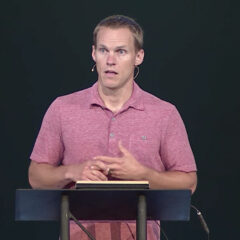
David Platt’s dreams for McLean Bible Church sour as members file lawsuit over elder vote
By Bob Smietana — July 20, 2021
(RNS) — Platt, the best-selling author of ‘Radical’ and beloved Bible preacher, finds his church facing controversy over critical race theory.
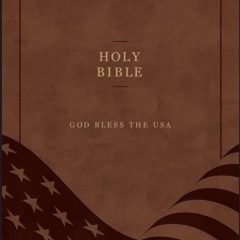
King James saves the God Bless the USA Bible
By Bob Smietana — May 27, 2021
(RNS) — Controversy over a new Bible, inspired by Lee Greenwood’s song ‘God Bless the U.S.A.,’ caused a Christian publisher to back out of the project. But the company behind the project still thinks it will be a hit.

Meet Shane Vaughn, Mississippi pastor and star of viral ‘if Trump does not concede’ video
By Bob Smietana — November 16, 2020
(RNS) — A small-town Mississippi preacher’s video claims President Trump could still win the election.
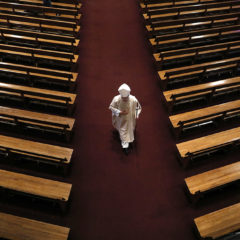
The Constitution and sacred texts agree: We must worship together from a distance
By Rachel K. Laser — April 10, 2020
(RNS) — Just as religious entities must abide by building codes, churches, mosques and synagogues must follow public health orders.
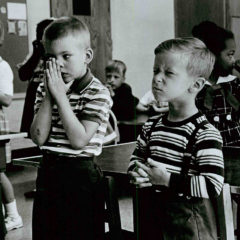
We can protect prayer in schools without blessing Christian nationalism
By Amanda Tyler — January 17, 2020
(RNS) — Claiming to defend a constitutional right under attack, the Trump administration's announcement on school prayer neither identified the threat nor bolstered students' well-established freedom to pray.
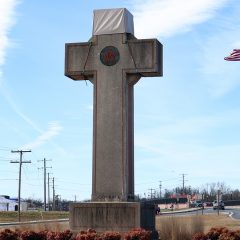
The Supreme Court made the Bladensburg Cross a special case. Let’s keep it that way
By Amanda Tyler — June 24, 2019
(RNS) — In deciding to allow a Christian cross to stay on a Maryland highway, the court rejected some of the extreme arguments that may have had more far-reaching consequences for the Establishment Clause.
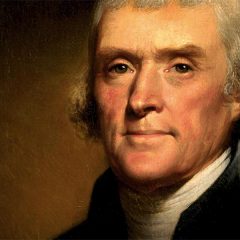
The Bill of Rights, Thomas Jefferson, and the danger of ‘God-given rights’
By Andrew L. Seidel — December 15, 2017
(RNS) — 'Premising our rights on some supernatural benevolence is dangerous,' writes Andrew L. Seidel on the Bill of Rights Day (Dec. 15.)
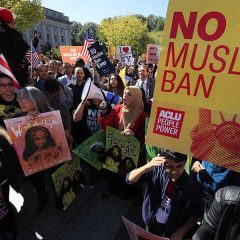
Religious literacy can fix the faulty foundation beneath Trump’s Muslim ban
By Maha Elgenaidi — October 23, 2017
(RNS) — The organization I lead, Islamic Networks Group, has ample experience to show that increased religious literacy at all levels of society can weaken the foundation that supports discriminatory intent before it becomes policy.
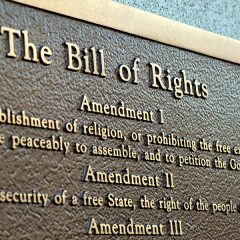
Religious liberty for all
By Curtis W. Freeman — August 14, 2017
(RNS) — Evangelical Christians in the founding of our republic understood something worth remembering. The flourishing of their communities depended on the extension of religious freedom, not only to minority Protestant dissenters like themselves, but to all.

Court: N.C. commissioners’ prayer practice violated Constitution
By guest — July 14, 2017
(AP) The question in the Rowan County case was whether it makes a difference that the prayers were given by the commissioners themselves and whether their invitation for the audience to join them in prayer was coercive.
Page 1 of 3
